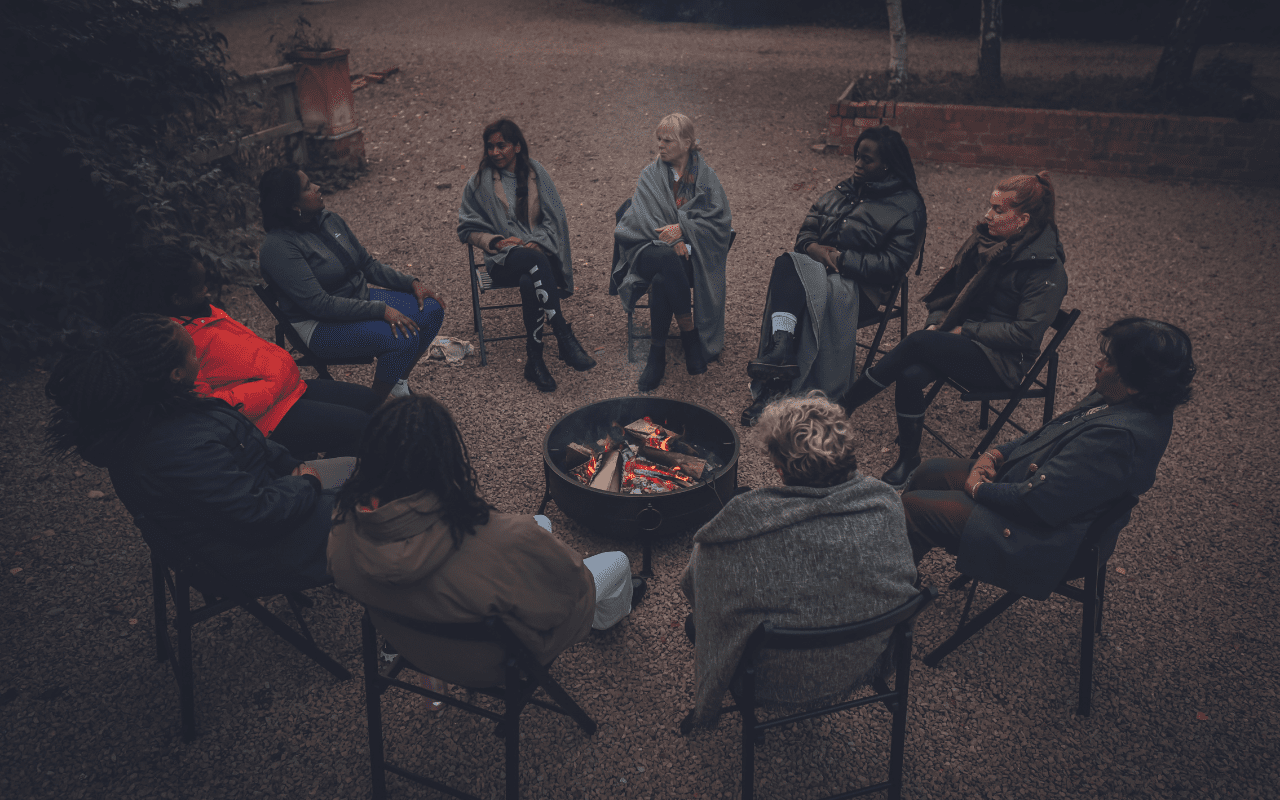
Cultivating mindful awareness
to our thoughts and feelings
Working on our mental wellbeing is as important to our overall health as going to the gym to
look after our body. By Ishara De Silva
Despite impressive developments in healthcare, the economically-developed world has been facing an epidemic of mental impairments, from chronic dissatisfaction right through to depression. They are 'impairments' because they reduce the capacity of the individual or sufferer to live a life with a more present sense of ease and satisfaction.
While we can find a gym in any corner of any city, places that focus on our understanding and relationship with our minds are more rare. Yes, we have therapists, experts and universities even, but they are sought when something is impaired, or when we want to gather knowledge. Overall, our obsession with body goals is overwhelming, while our 'mind training' relegated mostly to therapy when needed.
Our experience of life – 'our world' – is, by and large, how our mind perceives it to be. Two different people can have exactly the same situation and describe it in different ways. Therefore our reality is not an ultimate reality but our perception of it as experienced and processed within our minds.
This is why it is important to gain an understanding over our minds if we are to have a happy life. But how does one gain control over their mind.
Things and thoughts
Firstly, perhaps we should reflect on what constitutes our life and this world we live in. All elements in the world can be categorised into two things: material elements and thoughts. Material elements include our bodies, trees, buildings, rocks and everything we can see and touch. The rest are the thoughts and minds of all beings.
As we can see all material elements, it is easier to reflect on them. All material elements follow a cyclical pattern – they come into existence in som form, maintain themselves and eventually decline or transform into another form.
For example, our bodies come into this world from our mother's womb, grow over a period of time, and maintained, and then decline to eventually join the soil. It is easy to reflect on this process or cycle as we can see it with our own eyes.
But if we exercise introspection, we can see that even our thoughts follow the same pattern or cycle. They arise, exist and eventually decline or transform into another thought. Reflect back at a time when you got angry: where is that thought now?


Knowing that nothing is permanent can help us practice letting go. If a happy thought arises in the mind, know that it will not be permanent. So do not grasp it or be attached to it. If an unhappy thought arises in the mind, know that it is also not permanent, so we do not need to grasp that either. Rather than this constant process of grasping onto our thoughts, or becoming them and believing them to be who and what we are, we can just observe them as a natural phenomena and reflect on the impermanent nature of it.
For example, if an angry thought arises in the mind, rather than being possessed by it, we can reflect on the nature of anger, how it feels in our body and mind, and see it naturally disappear or be overtaken by another experience.
Mindfulness practice
A strong mindfulness practice helps us watch the patterns of our minds, the rising and ceasing of thoughts and emotions, without making them ours or becoming us. This is more than just a daily yoga or meditation practice. A dedicated practice of 30-60 minutes a day might not be enough if the rest of the 23 or so hours are spent ith constant agitation through what we do, how we process our thoughts, what we eat, the environment we spend time in and whom we associate with.
Therefore, to gain control over our minds, we need to focus on each of these aspects of our life. Ayurveda gives strong guidance on most of these, whilst yoga and meditation helps with developing the mind.
To aid this practice, you can follow an Ayurvedic lifestyle of daily routine and diet to ensure your body is in a good state of balance, as a support for the quality of your mind, but also to bring mindfulness and attention to day-to-day actions of body and mind. This journey of self awareness and wise reflection can help you develop more self-confidence to rely on the strength of your own mind.
Ishara De Silva is the founder of Plantation Villa, Ayurvedic Wellbeing Centre holistic retreat, which has locations in Sri Lanka and England (plantationvilla.com)


